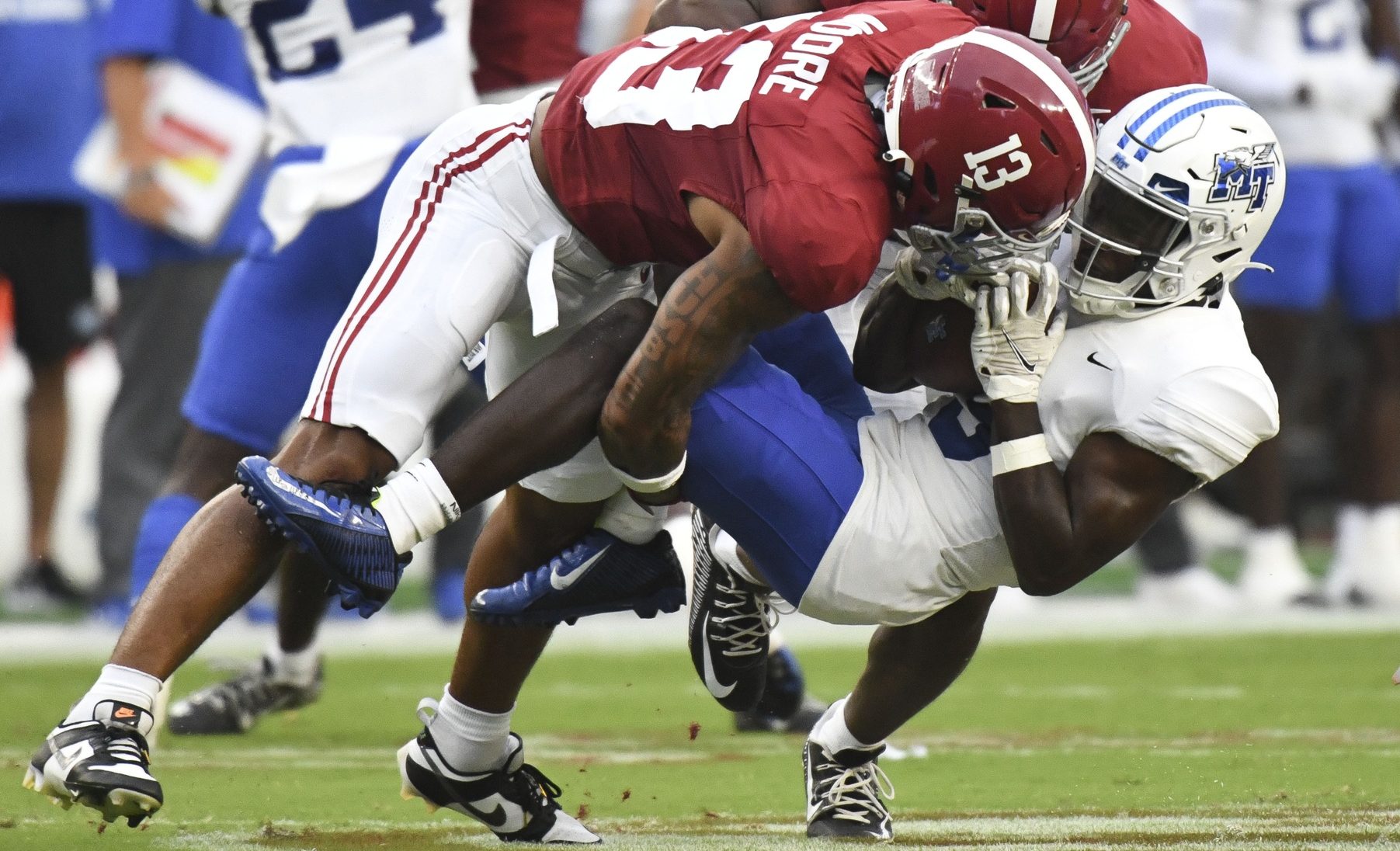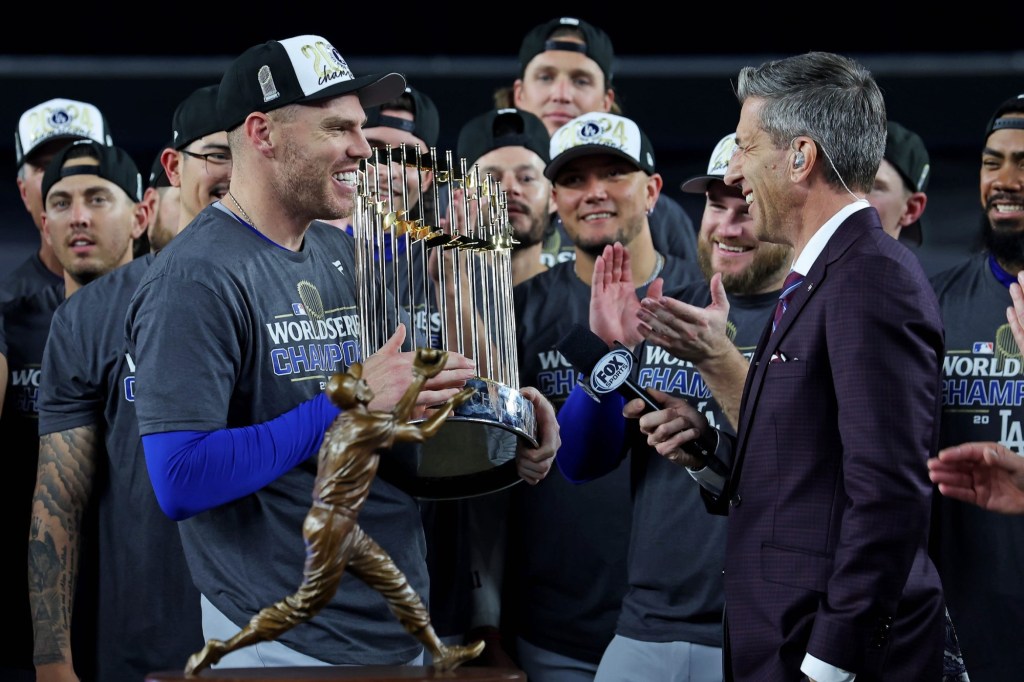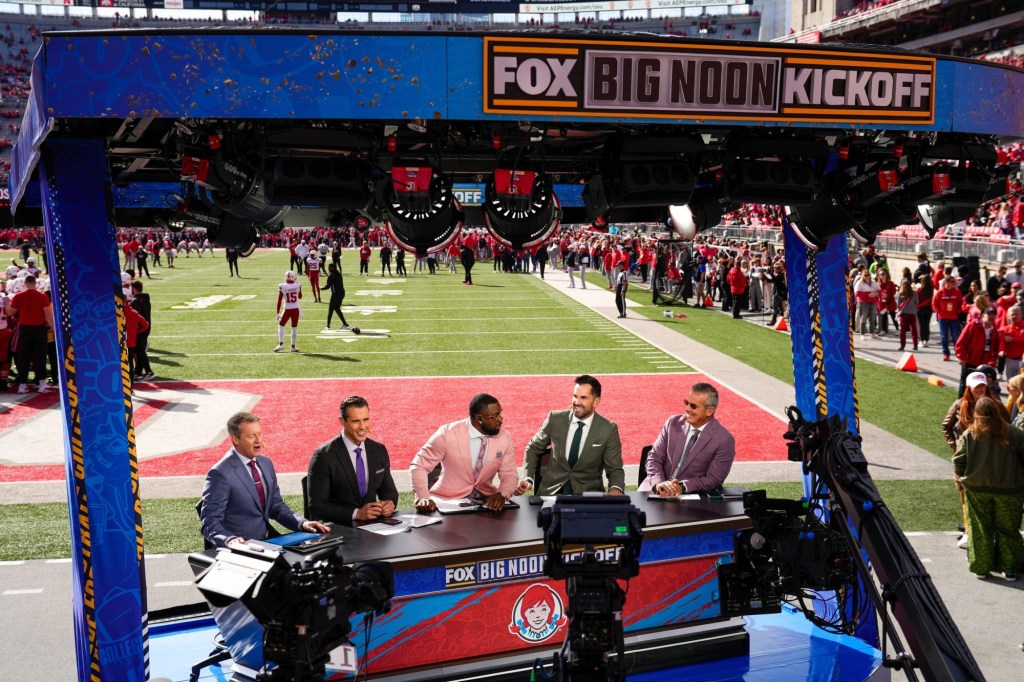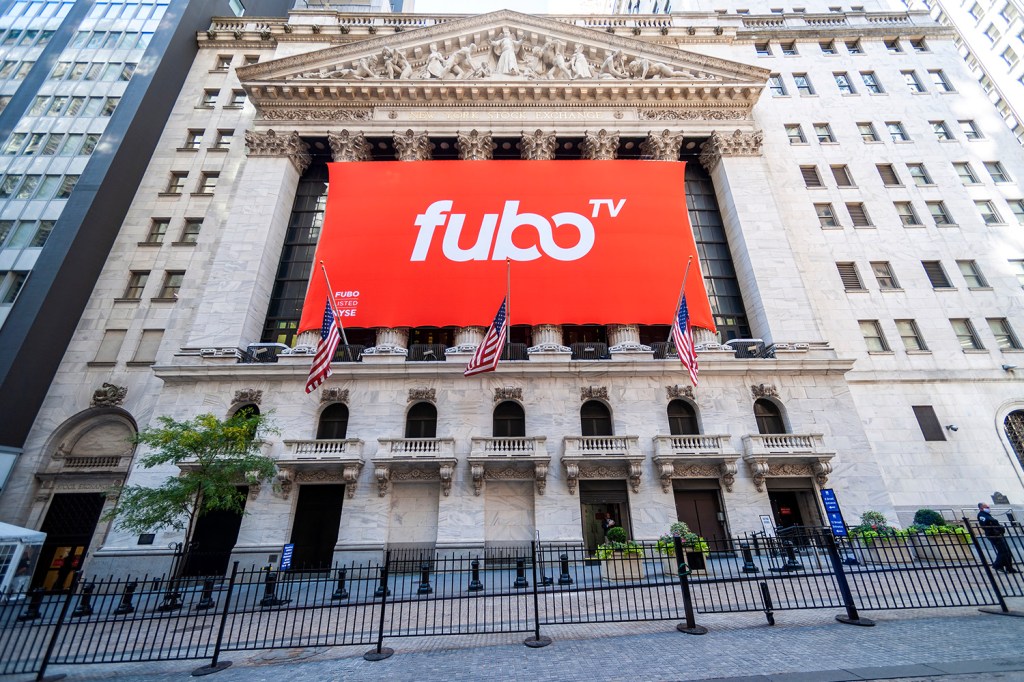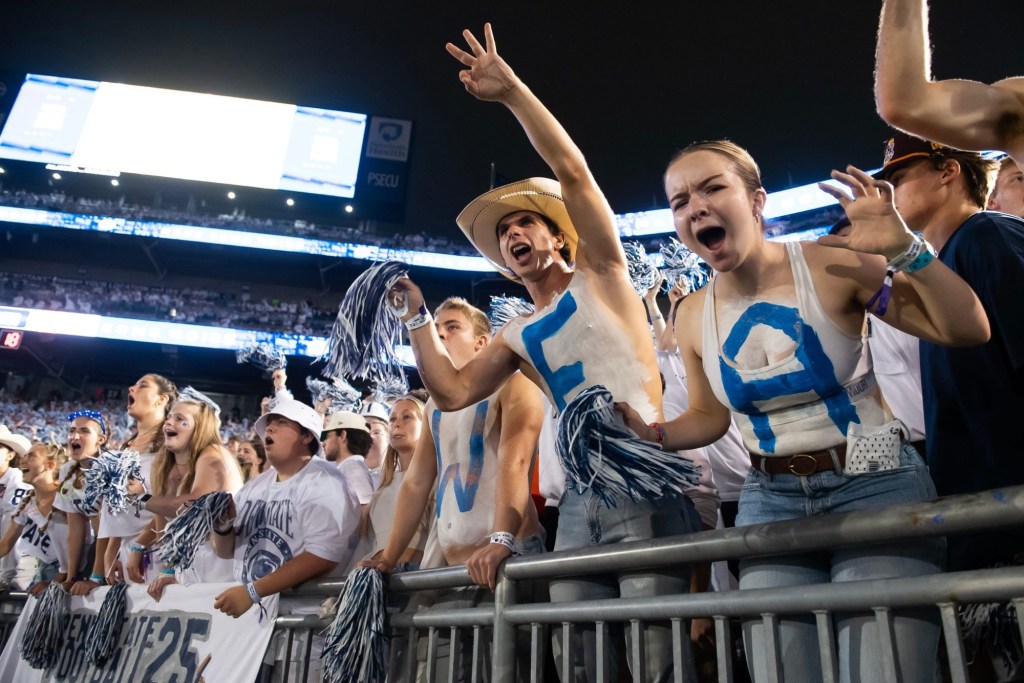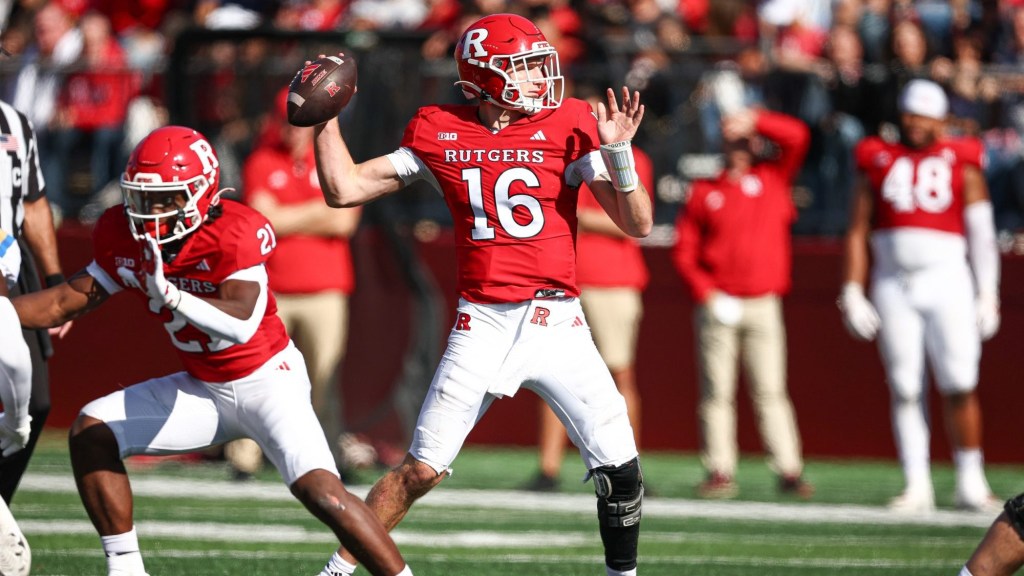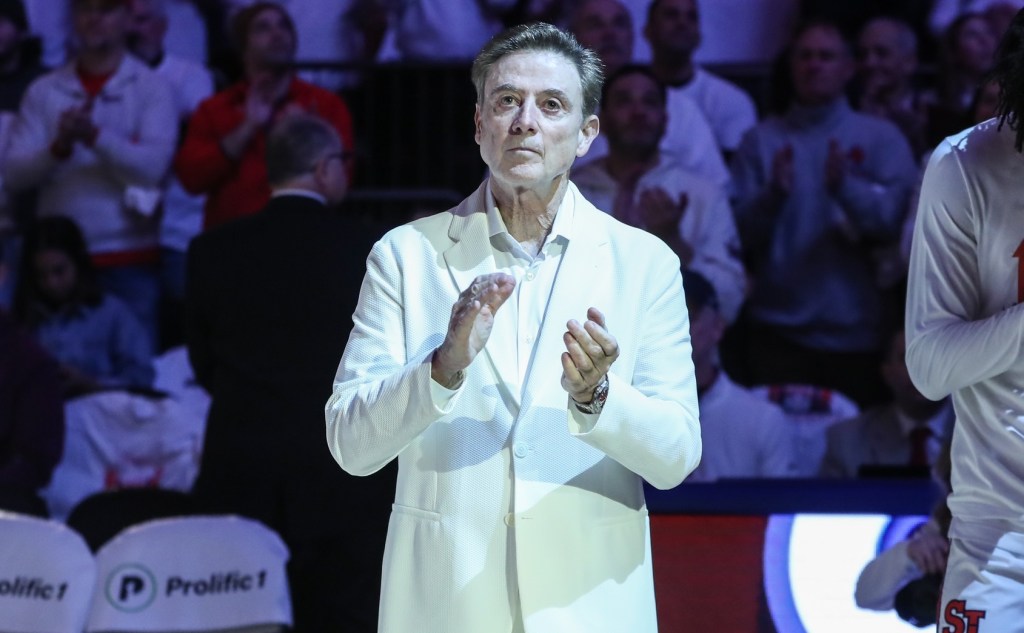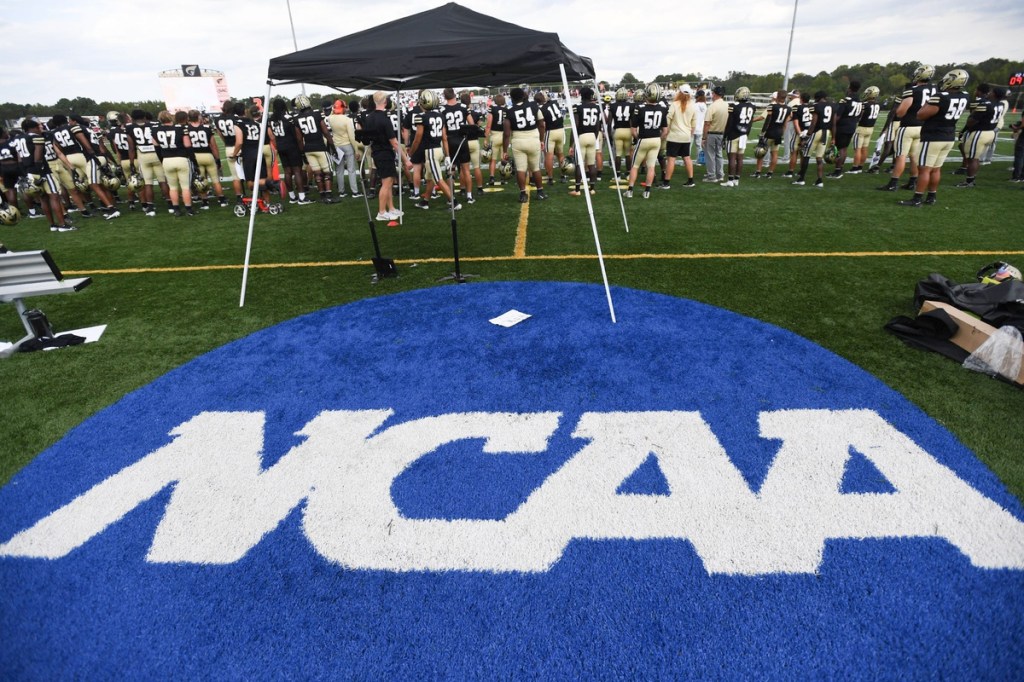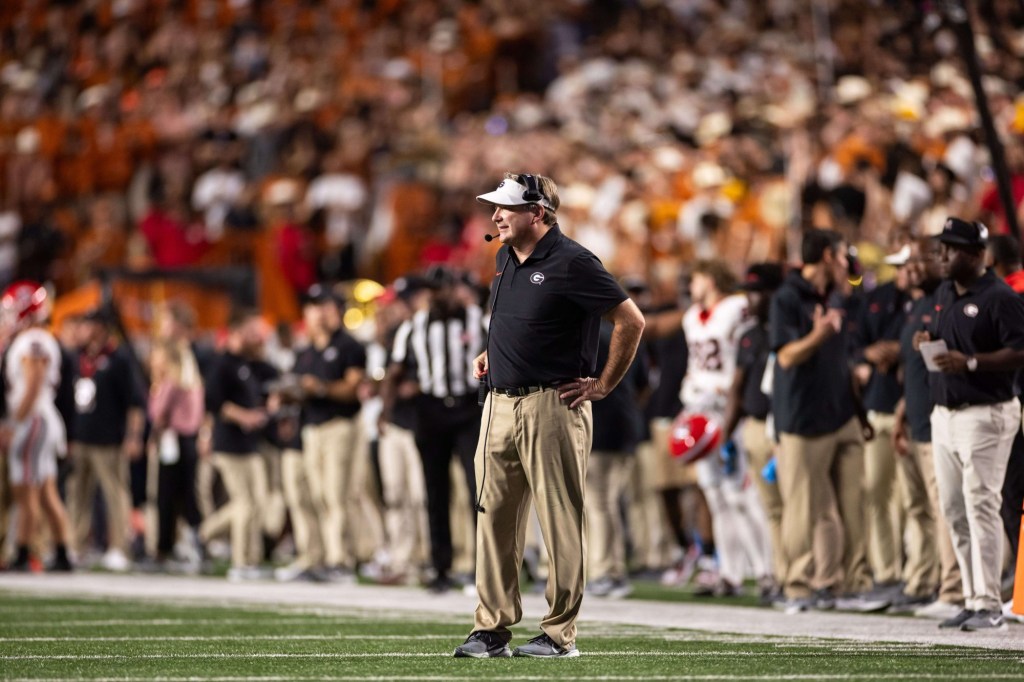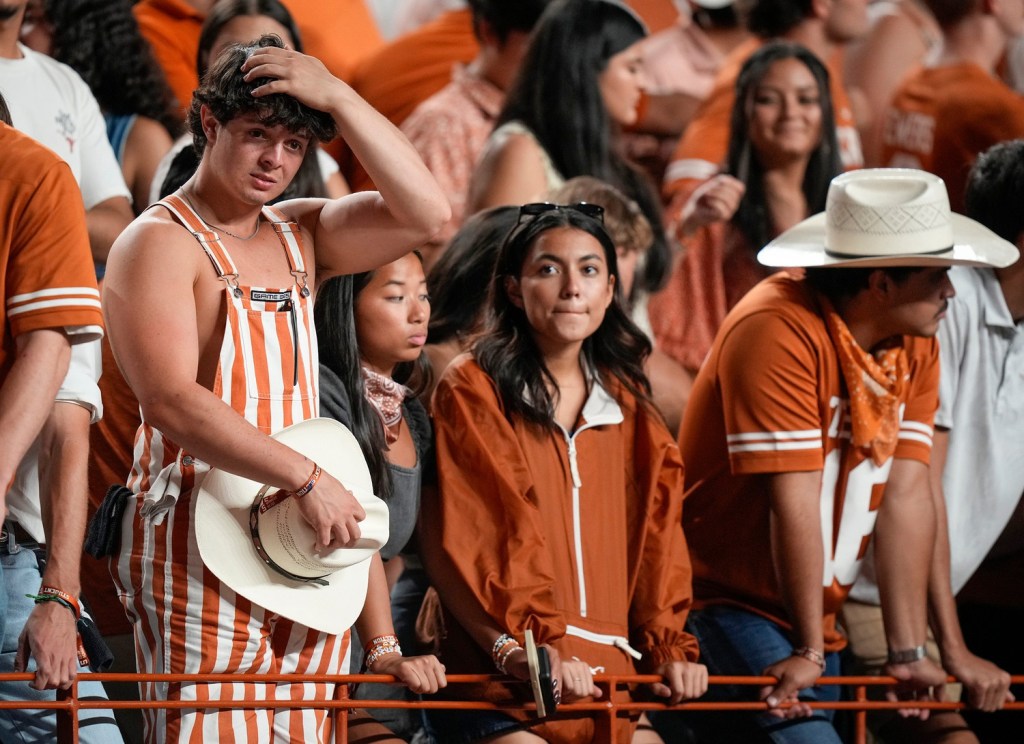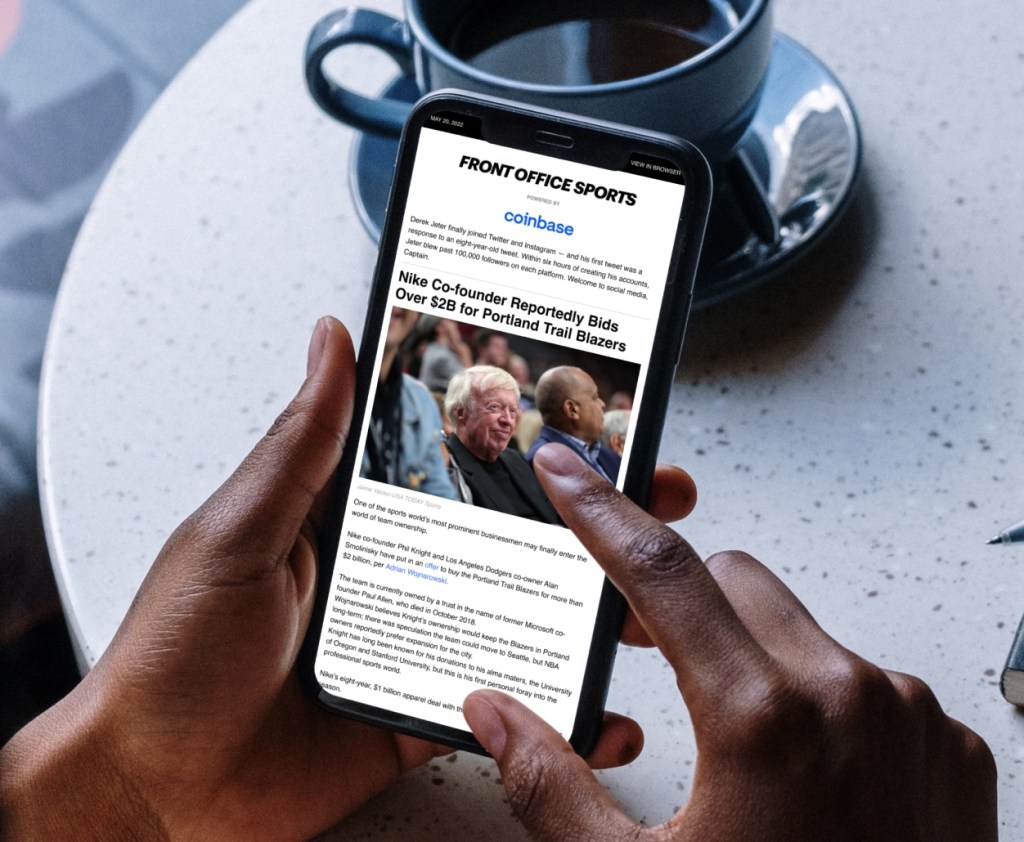College football is finally underway, and that means the return of one of the sport’s longest—and most expensive—traditions: guarantee games.
For decades, bigger schools have paid smaller institutions large sums to come play on their home turf. The host typically gets an easy victory, the visitor gets a nice payday, and everyone leaves happy.
That wasn’t the case last weekend, though, when New Mexico paid $360,000 to Montana State for their Week 0 home opener. The Bobcats, an FCS program, beat the Lobos 35–31. This weekend’s financial favorites—and there are many of them—will be hoping for better luck.
In Week 1 alone, more than $35 million is being shelled out across at least 55 games with monetary guarantee contracts, according to research conducted by Front Office Sports. Those payments range from as little as the $300,000 that Middle Tennessee is paying Tennessee Tech to the $1.9 million check that Alabama is writing to Western Kentucky.
Worth the Price of Admission
“If you’re scheduling somebody like Alabama for a road game, you know the chances of you winning the game are not great,” WKU athletic director Todd Stewart tells FOS.
But despite the almost-certain season-opening loss—the Crimson Tide are favored by more than four touchdowns—the pros of the trip to Tuscaloosa severely outweigh the cons, in Stewart’s eyes. “If we didn’t play this game, and our football budget had $1.9 million less, our program would look very different,” he says. The Hilltoppers’ athletic department generated roughly $15 million before subsidies from the university during the 2022–2023 fiscal year—the most recent public financial report.
There’s also the recruiting benefit of rare national exposure for the Conference USA member, as this will likely be WKU’s only game on the flagship ESPN channel.

Supply and Demand
After WKU plays Alabama on Saturday, the school will flip the script in Week 2, paying Eastern Kentucky $325,000 for an interstate visit. It’s a common strategy for Group of 5 schools, complementing a road guarantee game by paying for a home FCS opponent. Colorado State will do the same thing, opening at Texas for a fee of $1.8 million before writing a $400,000 check to Northern Colorado next weekend.
Looking forward, Stewart hopes changes like conference realignment and the expanded College Football Playoff don’t lead to fewer guaranteed game opportunities for schools like WKU. And he wants to set new financial marks along the way. “I hope the amount continues to grow,” he says. “Nobody, to my knowledge, has crossed the $2 million threshold yet.”
